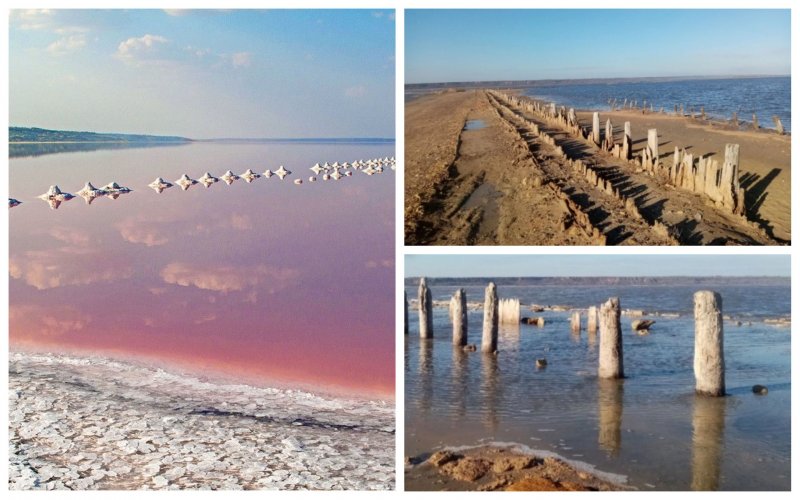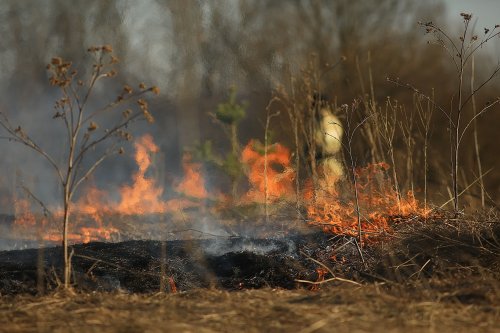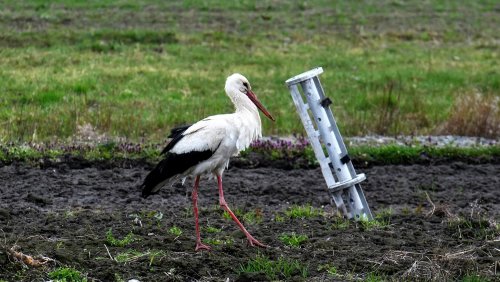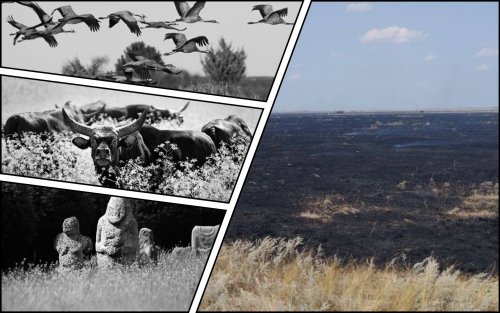In Odesa region, Kuyalnitsky estuary, where there is a healing resort of the same name, was endangered, because it remained virtually cut off from freshwater filling and rapidly mercy.
At the beginning of 2022, the estuary received the status of a national nature park, but the war stopped all processes, and missile shelling caused additional and irreparable damage to its unique nature, reports Eco.Rayon.
It is noted that the park administration has not been created yet and no funds have been allocated for minimal measures to preserve the estuary. If the lakes are dry – a salty desert will form at the site of the estuary. In addition, Ukraine can lose unique therapeutic muds (peloids) of the estuary, the estimated value of which reaches $ 7.5 billion.
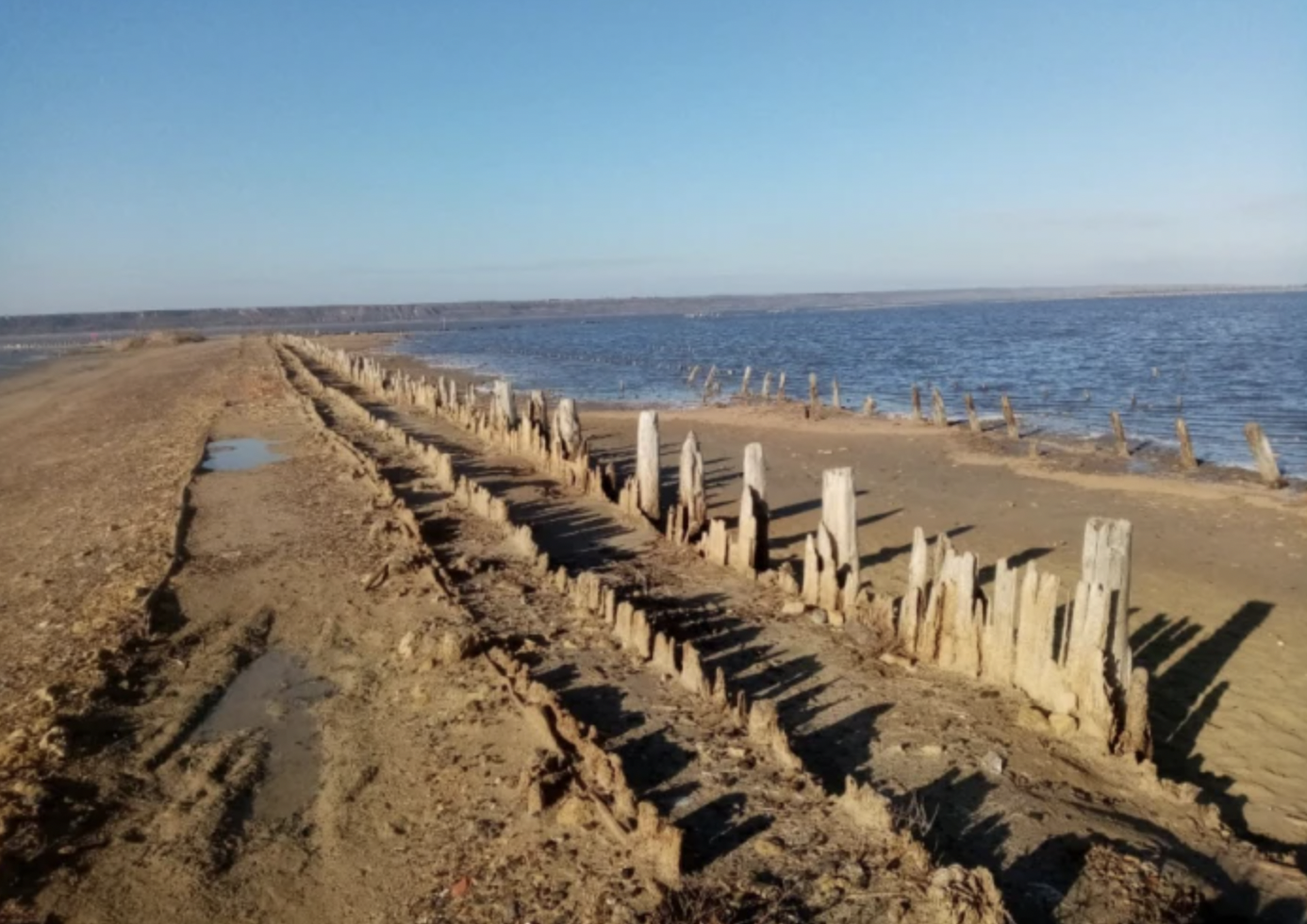
The material emphasized that its salinity increases due to the valley of the estuary. This can lead to the loss of the healing properties of the mud and rap. The estuary needs fresh water, but the river rivers that flow into it, almost all have dried, plowed or transformed into ponds.
"The estuary lost much of the catchment, the temporary solution-filling with seawater in the autumn and winter. But seawater is contaminated, its chemical composition is different from the damp, which can lead to the loss of the properties of therapeutic muds, their liming and high concentration of salts. Fresh objects need to be sought. There is a Hadzhibeev estuary, but it must be further purified. Also needed areas to build a canal. The city is technically treated in the territories – on a place where the canal could be located, a landfill is arranged, a building is being held. Also near the estuary was planned to lay a motorway", says Vladislav Balinsky, the head of the Green Letter.
The material explained that with excessive salinity, all specific organisms that live in salt water die, and the creation of therapeutic dirt stops.
According to the Institute of Maritime Biology of the NAS of Ukraine, in order to preserve the ecology of the estuary and its healing properties, water salinity should not exceed 250 g/dm3. Currently, the figure is about 280 g/dm3. In addition, such increased salinity contributes to soil salinization. Earth can become non -aerial salt deserts.
Balinsky noted that because of the war, all the scientific projects against Kuyalnik were actually “turned”. In several facilities and settlements located on the banks of the estuary, the Russians have struck rocket strokes, which certainly has a negative impact on the estuary ecosystem. Several missiles got into the estuary and did not break. There is a risk that fuel has entered the estuary.
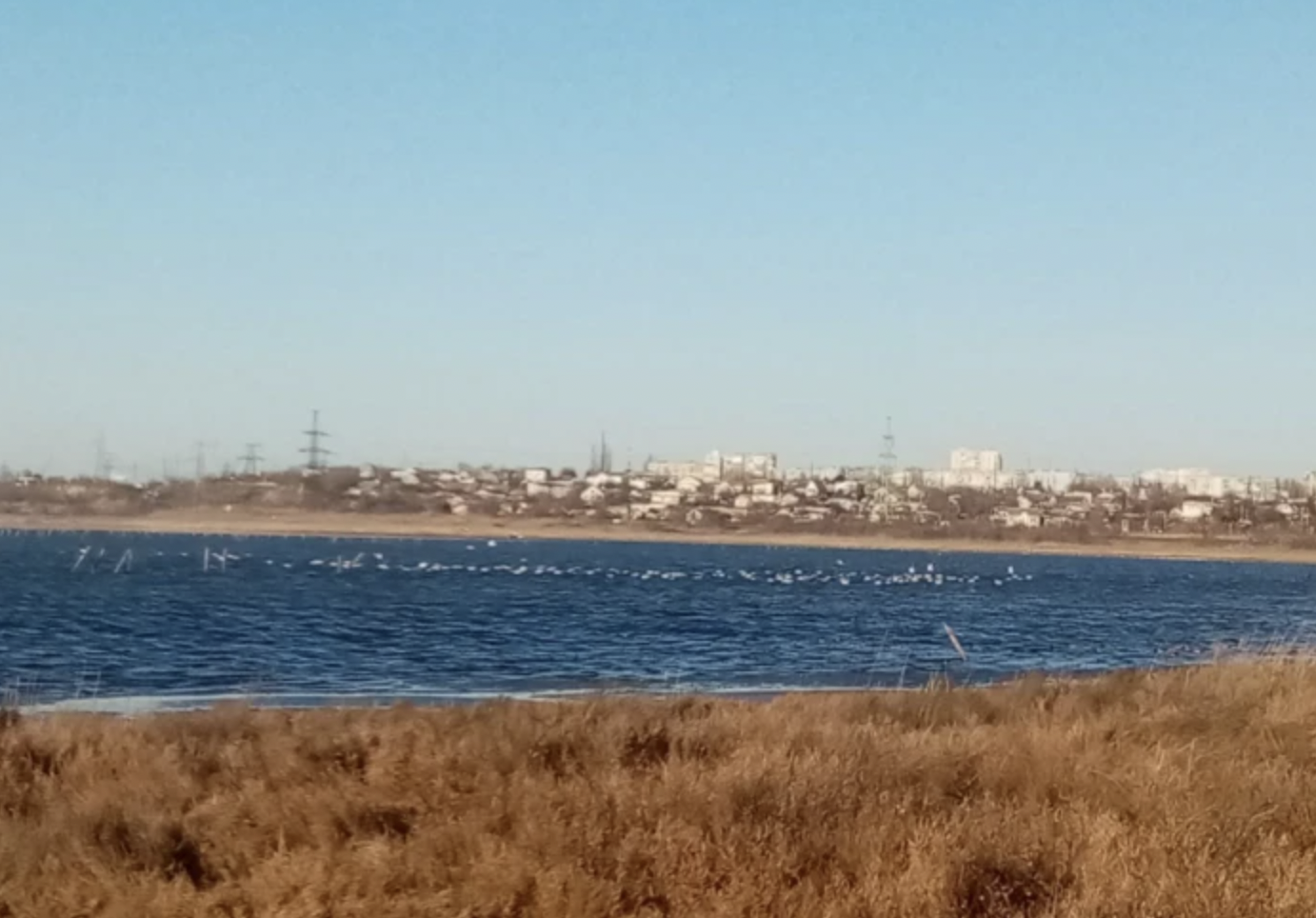
The authors stressed that the status of the National Park had to protect the territory of the estuary and develop its potential. However, the impact of human activity and chemical contamination continue.
The material was told that earlier the estuary was the mouth of the Great Kuyalnik, which subsequently flooded the Black Sea. From the sixteenth century to the 1930s, salt was produced from the estuary. In 1833, the doctor and scientist Erast Andrievsky founded the Kuyalnik Resort on the bank of the estuary, which was based on his unique therapeutic muds. Also near the estuary mineral water "Kuyalnik" is extracted.
The authors stressed that about 500 species of steppe plants grow on the banks of the estuary, 17 of which are red -book. Around the Kuyalnitsky estuary, unique areas of the feather steppe have been preserved. Also, the estuary is home for a large number of mammals, reptiles and birds.
Earlier, EcoPolitic wrote, that in the territory of Odessa and Berezovsky districts in Odesa region, the National Nature Park "Kuyalnitsky" will be created.
As EcoPolitic reported earlier, the mayor of Nova Kakhovka Volodymyr Kovalenko stated that the actions of the Russians on the Kakhovka hydroelectric power station could lead to an environmental catastrophe. The invaders undermined the Shandora at the Hydrospuda during the retreat from the Right Bank of Kherson region.

